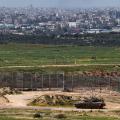Our live coverage of the coronavirus pandemic has moved here.
May 13 coronavirus news
By Ben Westcott, Adam Renton and Zamira Rahim, CNN
Italian soccer votes to resume on June 13
From CNN's Valentina di Donato
Italy's Serie A soccer clubs held a vote Wednesday to resume the season starting on June 13, pending government approval.
The statement from the league would only resume “in accordance with the decisions of the Government and in compliance with the medical protocols to protect players and all involved personnel.”
This announcement follows Italian Minister for Sport Vincenzo Spadafora’s declaration at the House of Representatives today, which confirmed that the government and the Italian Football Federation (FIGC) have agreed to allow the league to resume training starting May 18.
“If the championship resumes, as we all hope, it will only be if we keep everyone safe, I have always said this from the first day,” Spadafora said.
Spadafora added that “in the case that a player is positive, the team needs to be in quarantine for 14 days”
Catch up: Here are the top coronavirus headlines from today
If you're just joining us, here are the latest developments from around the globe:
- Belgium moves forward: Some school classes for primary and secondary students will resume and museums will reopen under certain conditions on May 18, the prime minister announced.
- Brazilian president tests negative: Brazilian President Jair Bolsonaro tested negative for coronavirus in three separate exams. The test results were released to the public on Wednesday afternoon.
- Turkey allows children to go outside: Children under the age of 14 were allowed to go outside on the street today for the first time since the Turkish government announced a lockdown for the age group in early April. The children were allowed out for four hours, between 11 a.m. and 3 p.m. local time.
- The future of coronavirus: The new coronavirus may never go away and may just join the mix of viruses that kill people around the world every year, Dr. Mike Ryan, executive director of the World Health Organization health emergencies program, said Wednesday.
- Travel advisory extended: Sweden announced it is extending “advice against all nonessential travel to all countries” until July 15, according to the country's Foreign Affairs Ministry.
Brazil's President Bolsonaro tests negative for coronavirus
From CNN’s Shasta Darlington in Sao Paulo
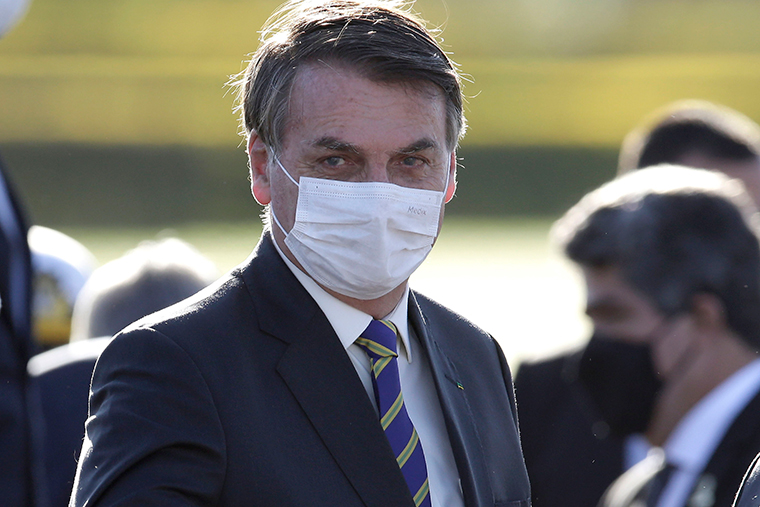
Brazilian President Jair Bolsonaro tested negative for coronavirus in three separate exams that were released to the public on Wednesday afternoon.
Supreme Court Justice Ricardo Lewandowski released the test results.
The three tests were administered between March 12 and March 17 after Bolsonaro returned from a bilateral meeting with US President Trump in Florida and many in his entourage tested positive.
The release of the exams brings an end to a prolonged standoff in which Bolsonaro had refused to make tests public despite repeated legal rulings. The first request came from Brazilian newspaper Estado de S. Paulo and made its way up in the courts.
In the three tests released on Wednesday, Bolsonaro uses codenames, but the ID numbers match his.
Bolsonaro handed over the tests to the Supreme Court.
France's coronavirus death toll surpasses 27,000
From CNN's Ya Chun Wang
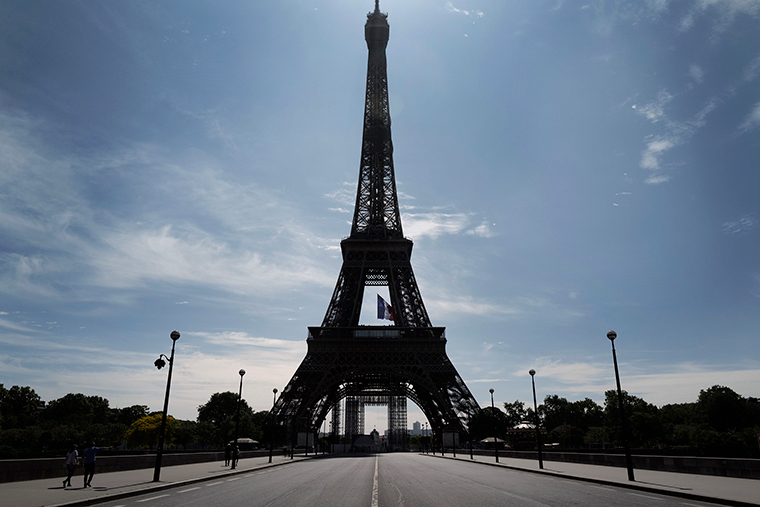
France has recorded another 83 deaths due to coronavirus on Wednesday, bringing the total number of deaths to more than 27,000 since the first of March, according to a statement from the country's Health Ministry.
Belgium to open museums and some school classes on May 18
From CNN’s Mia Alberti in Lisbon
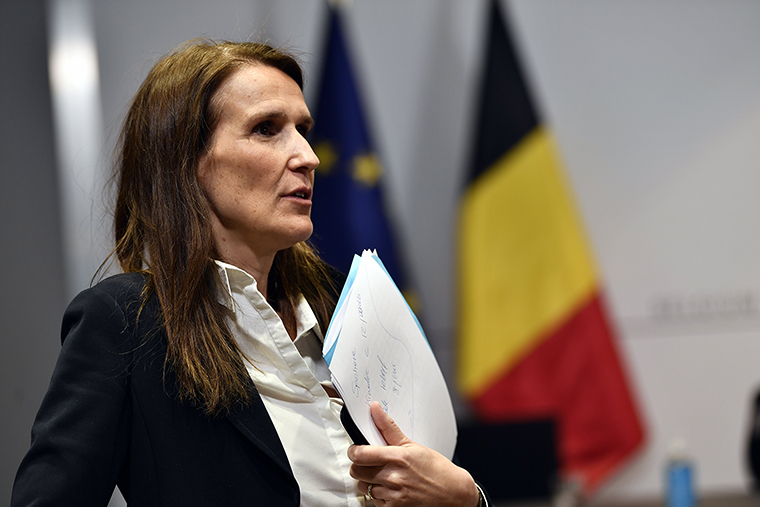
Belgium will move forward with the second phase of its reopening plan on May 18, when some school classes for primary and secondary students will resume and museums will be reopened under certain conditions, the prime minister announced Wednesday.
"We have decided that by May 18, museums and cultural facilities, such as historic buildings, will be able to open their doors again if they set up an online or telephone ticketing system and if they take the necessary steps to avoid the effects of crowds inside their establishment," Prime Minister Sophie Wilmes said.
Wilmes also announced that some other services, such as hairdressers or beauticians, could also reopen but only through appointments and the mandatory use of masks for both the customers and staff. Local authorities might also choose to reopen markets with a maximum of 50 food stalls.
Most shops opened across Belgium on Monday.
Sporting events have been suspended until July 11. There is still no reopening date for restaurants and bars.
Europe "will not just go back to business as usual soon," top EU leader says
From CNN’s Niamh Kennedy in Dublin and James Frater in London
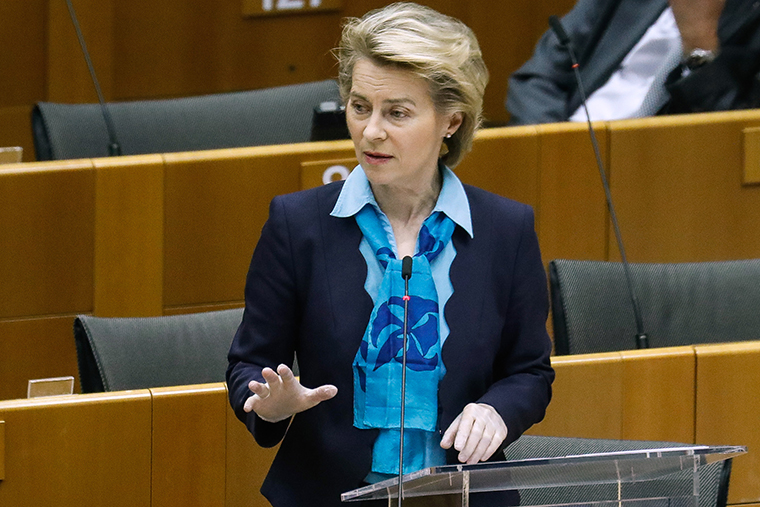
The European Commission President on Wednesday outlined a plan to fund European recovery from the coronavirus pandemic, while warning that "we will not just go back to business as usual soon."
“We have had economic slowdowns before but we have never had an economic shutdown like the last three months,” President Ursula Von der Leyen said during an address to the European Parliament in Brussels on Wednesday.
The recovery instrument will be focused on those member states who have been most affected and where needs are the greatest, the European Union’s top leader said, adding that the money for the recovery plan will be on top of the existing EU budget and will also be managed through rules of the budget.
That will give European lawmakers full scrutiny over how the money is managed and spent. Parliamentarians expressed concern last week over using rules where the Parliament would only “be informed” of decisions made on the recovery funds.
Von der Leyen did not mention exact numbers, but said she wants to present an “ambitious” relaunch plan for Europe.
In the plan presented by the EU leader, recovery will be financed across three pillars:
- The bulk of the money will be spent in the first pillar which will, “focus on supporting Member States to recover, repair and come out stronger from the crisis”
- Pillar two is for “kick-starting the economy.” The aim, the Commission hopes, is to make Europe more strategically resilient in key industries such as in the pharmaceutical sector.
- The third pillar will bolster areas that have been critical to the bloc’s response such as the RescEU fund which has delivered humanitarian aid to EU member states as well as countries like the Central African Republic.
Children in Turkey allowed out for the first time in more than a month
From CNN's Gul Tuysuz
Children under the age of 14 were allowed to go outside on the street today for the first time since the Turkish government announced a lockdown for the age group in early April.
The children were allowed out for four hours, between 11 a.m. and 3 p.m. local time.
Turkey has opted for an age-specific lockdown prohibiting people over the age 65 and below the age of 20 from leaving their homes. People in the 15 to 20 year age group will be allowed out on Friday.
Turkey started slowly lifting some restrictions on Monday.
Coronavirus may "never go away," WHO official says
From CNN's Jacqueline Howard
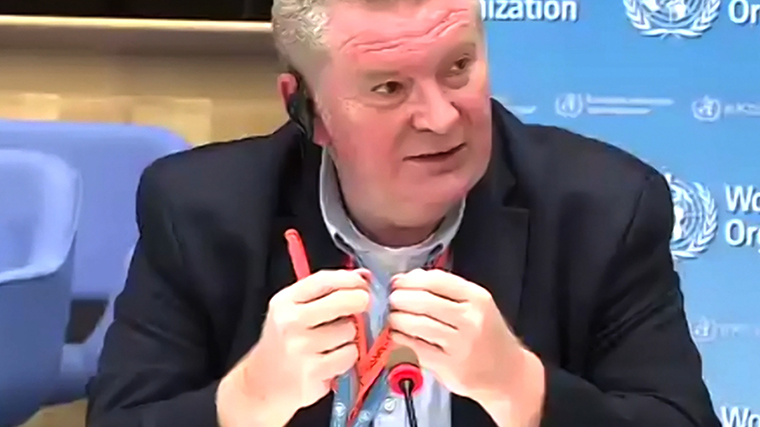
The new coronavirus may never go away and may just join the mix of viruses that kill people around the world every year, Dr. Mike Ryan, executive director of the World Health Organization health emergencies program, said Wednesday.
"This virus just may become another endemic virus in our communities and this virus may never go away. HIV hasn’t gone away," Ryan said.
"I’m not comparing the two diseases but I think it is important that we’re realistic. I don’t think anyone can predict when or if this disease will disappear," Ryan added.
With a vaccine, "we may have a shot at eliminating this virus but that vaccine will have to be available, it will have to be highly effective, it will have to be made available to everyone and we’ll have to use it," Ryan said. "This disease may settle into a long-term problem or it may not be."
Yet the future of coronavirus does not have to be all doom and gloom, according to WHO infectious disease epidemiologist Dr. Maria Van Kerkhove.
"The trajectory of this outbreak is in our hands," Van Kerkhove said during Wednesday's briefing.
"The global community has come together to work in solidarity," Van Kerkhove said. "We have seen countries bring this virus under control. We have seen countries use public health measures."
WHO director-general Tedros Adhanom Ghebreyesus echoed Van Kerkhove's sentiments on Wednesday and added, "We should all contribute to stop this pandemic."


